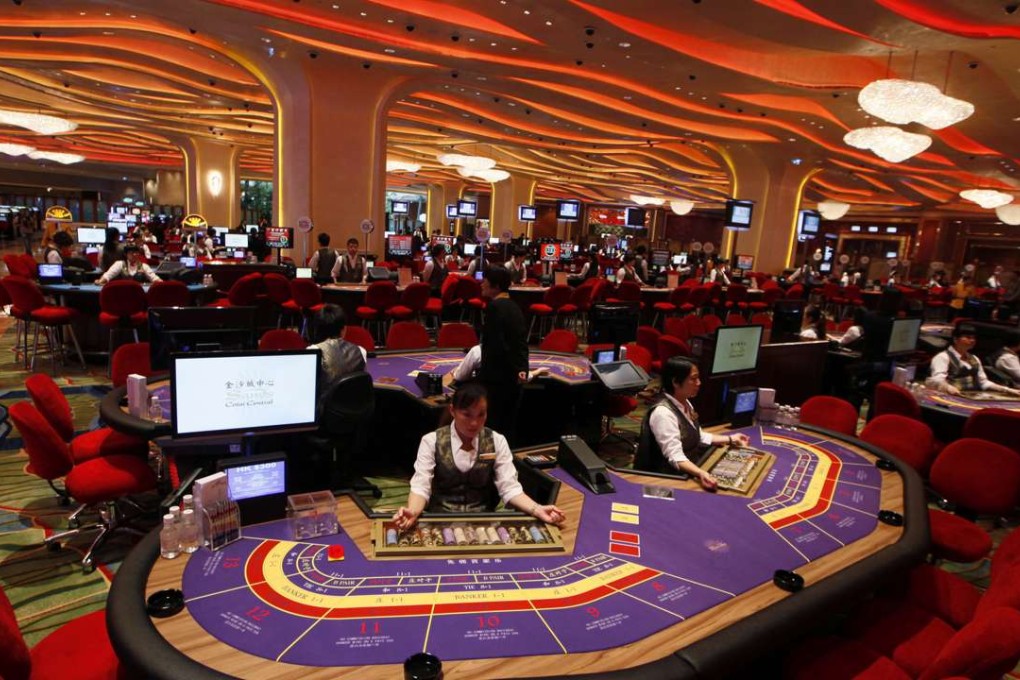US court deals major blow to Las Vegas Sands in case of Macau gaming licence
Nevada court’s ruling suggests Beijing did help firm get licence in former Portuguese colony

A Hong Kong businessman who brokered meetings between senior Chinese officials and top casino executives did help Las Vegas Sands secure a gaming licence in Macau, a top court in the United States has ruled.
The Supreme Court of Nevada’s decision almost brings to an end a 12-year legal tussle between Richard Suen Chi-tat and Las Vegas Sands and effectively suggests Beijing influenced the Macau government’s decision to grant a casino licence to the company headed by tycoon Sheldon Adelson.
It also comes at a sensitive time for all six gaming operators in the former Portuguese enclave, as the 2019 start date for gaming licence re-tendering looms large.
The decision was bittersweet for Suen and his company Round Square as the court also ruled there was not enough evidence to justify an initial US$70 million payout to them, ordering a new trial to decide the amount, adding the US$1 million offered by Las Vegas Sands was also inadequate.
The court said Suen helped Sands by translating papers and preparing and delivering a report on the company to Qian Qichen, China’s former vice-premier.